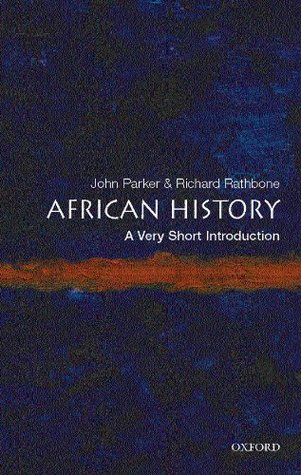More on this book
Kindle Notes & Highlights
by
John Parker
Read between
November 27, 2022 - February 4, 2023
historians of Africa have also been pioneers in the development of a battery of techniques
problem of evidence
Reliable sources
allows historians to analyse, to interpret, to compare, and to theorize.
the substitution of what should have happened is supposition rath...
This highlight has been truncated due to consecutive passage length restrictions.
their objections were more frequently grounded in their understanding of what history was and thus what history could be.
antiquarianism,
‘primary sources’
written sources
African languages were not transcribed languages;
African history
fell within the established tradition of ‘imperial history’, a genre dominated by accounts of the African careers of European explorers, missionaries, proconsuls, and businessmen.
Not all of that literature was inherently unsympathetic.
Indigenous written records
One of the world’s oldest scripts was that of ancient Egypt,
Written language has also provided unusually rich sources for the history of Ethiopia.
written language called Ge’ez
accounts of Muslim travellers and geographers
locally written Arabic chronicles
Arabic script
documents written in the
Dutch language
much of this material is one-sided, prejudiced, and misguided.
Christianity
gave rise to new ways of thinking about the past.
Samuel Johnson’s History of the Yorubas
Carl Christian Reindorf’s History of the Gold Coast and Asante
transliteration (and with it the standardization) of African languages
Hausa and Swahili,
evidence need not be solely synonymous with written texts.
oral traditions
oral tradition
the passing down from generation to generation of
events that extended into the...
This highlight has been truncated due to consecutive passage length restrictions.
oral traditions,
far from straightforward.
with narratives often advancing by way of spiritual or magical transformation rather than incremental chronological change.
Oral narratives
rarely reliable vehicles of factual information.
Journal of African History
carried articles on linguistics, on physical anthropology, and, most prominently, on archaeology.
social anthropology.
colonial-era ethnographies
mastery of historical linguistics.
historical linguistics
the ‘Bantu expansion’
continuous mass migration
physical migration as an explanation of cultural change.


